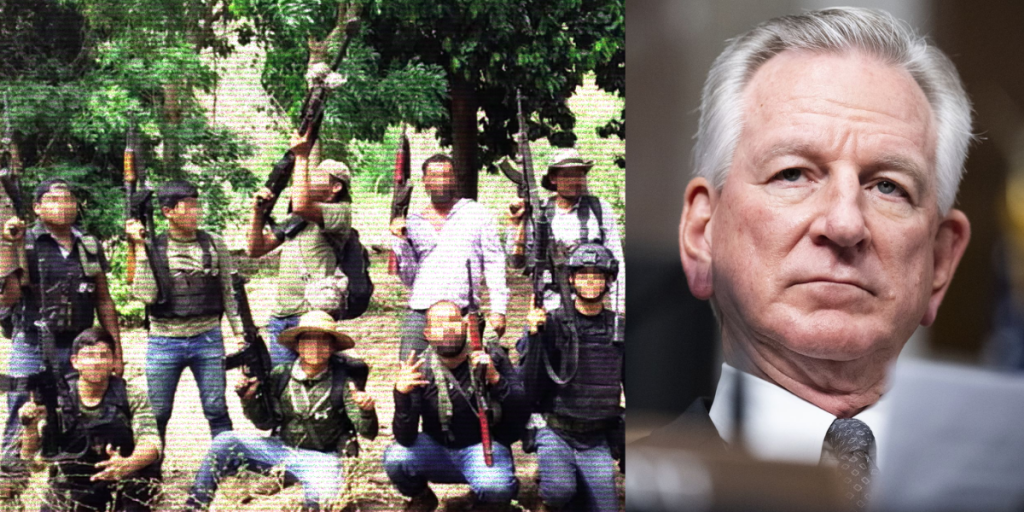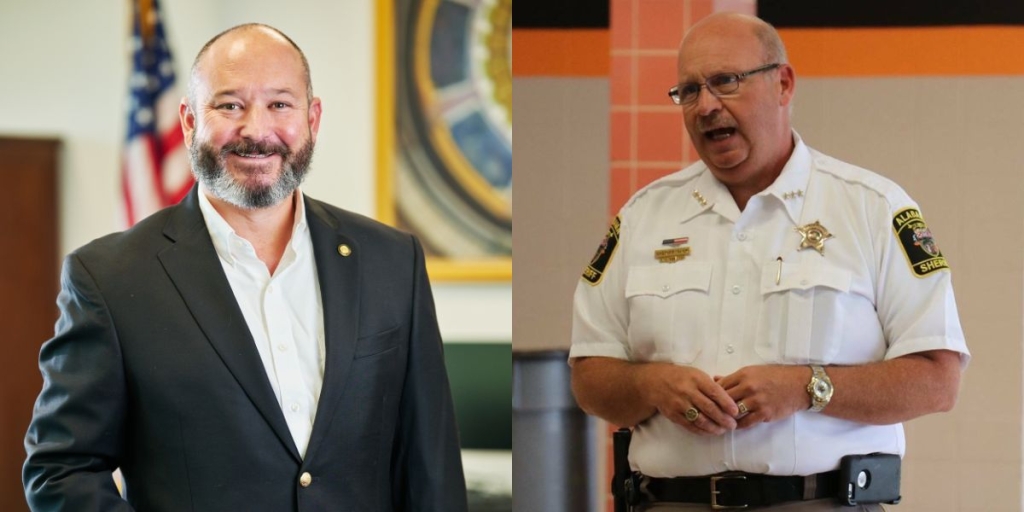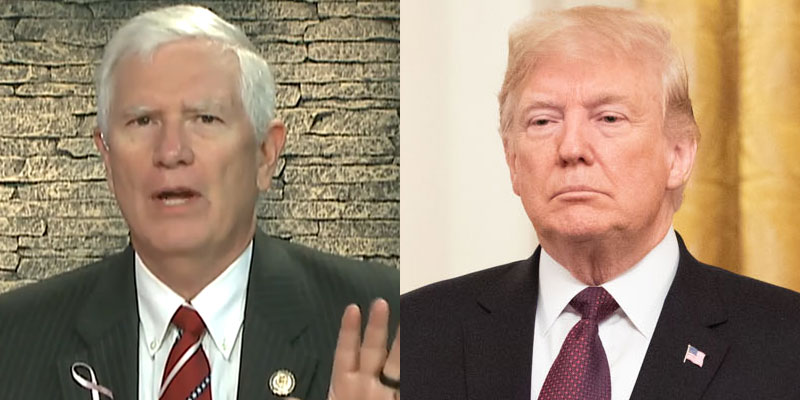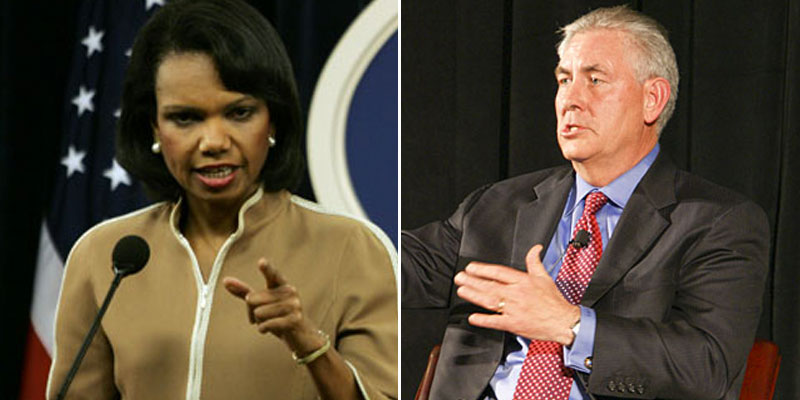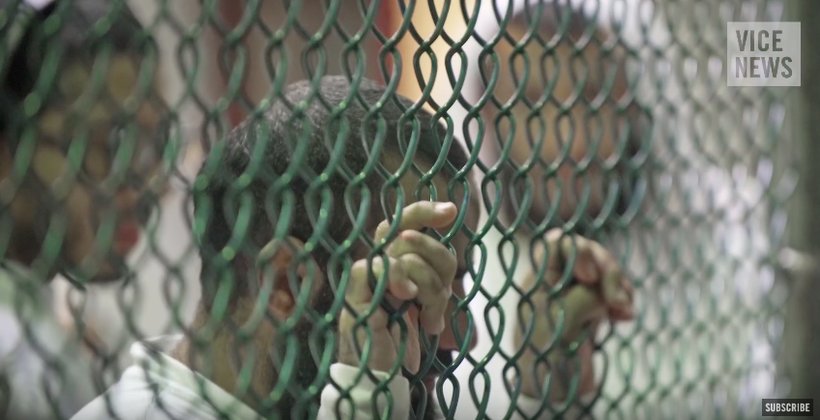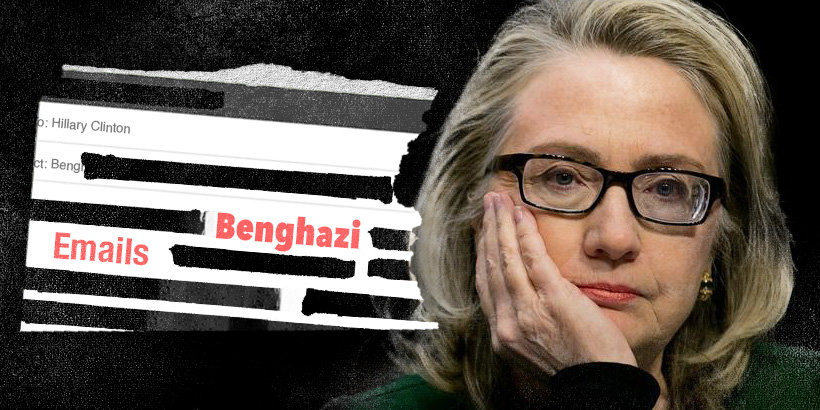
WASHINGTON — The Washington Examiner, a D.C.-based political journalism weekly newspaper and website has laid out a timeline of State Department obstructionism of the Congressional investigation into the Benghazi terror attacks.
Representative Martha Roby (R-AL2), a member of the select committee to investigate the the attacks, said last week that she believes Hillary Clinton, who was Secretary of State at the time was obscuring information about Benghazi through her use of a private email and server.
“Remember when the Administration told us every question about Benghazi had been answered?” Roby asked. “Well, this revelation proves that the Administration and State Department may still be obscuring information. The problem here, of course, is that Clinton appears to have flouted federal requirements stating that official correspondence be retained as part of the agency’s record. This troublesome finding only raises more questions about the Administration’s track record of obscuring information. We’ll continue to ask the tough questions and seek answers from a less-than-willing Administration.”
The Washington Examiner agrees with Rep. Roby, and put together its own timeline showing evidence of just such obstruction using information from sources inside the select committee
September 11, 2012 — The story starts, of course, the day terrorists attacked U.S. facilities in Benghazi, killing Ambassador Christopher Stevens and three others. Administration statements in the immediate aftermath — specifically, claims that the attack was a spontaneous reaction to an anti-Muslim video on the Internet — raise suspicion among Republicans, who come to believe they have not been told the whole story.
September 20, 2012 — Nine days after the attack, Rep. Jason Chaffetz, chairman of the House Subcommittee on National Security, Homeland Defense, and Foreign Operations, which is part of the larger Committee on Oversight and Government Reform, sends a document request to then-Secretary of State Hillary Clinton. The request is for all information the Department has about the attack, and it specifically includes “any written, recorded, or graphic matter of any nature whatsoever, regardless of how recorded, and whether original or copy, including, but not limited to, the following: memoranda, reports, expense reports, books, manuals, instructions, financial reporters, working papers, records, notes, letters, notices, confirmations, telegrams, receipts, appraisals, pamphlets, magazines, newspapers, prospectuses, inter-office and intra-office communications, electronic mail (e-mail), contracts, cables, notations of any type of conversation, telephone call, meeting or other communication…” The list went on and on. There was no way any State Department official could fail to realize that the request covered Clinton’s email. Yet none are handed over.
August 1, 2013 — The first year after the attack brings frustration after frustration for congressional investigators. The State Department was “notoriously tardy in their responses,” recalls Chaffetz. “They are not swift, to say the least.” So on August 1, 2013, the Oversight committee issued two subpoenas, one for the State Department documents that had been covered but not produced after earlier requests, and the second for documents related to Secretary Clinton’s internal, self-exonerating State Department investigation known as the Accountability Review Board.
April 17, 2014 — More than a year and a half after the first request, after a halting and incomplete production of information, the State Department sends its last group of documents to the Oversight committee. None of the productions ever contained any emails either to or from Clinton.
May 8, 2014 — The House creates the Select Committee on Benghazi, naming Rep. Trey Gowdy, R-S.C., as chairman. The new committee effectively inherits the subpoenas and document requests originally sent out by the Oversight committee. Representatives of the new committee meet with administration officials in hopes of a “reset” of relations that will lead to improved State Department cooperation.
August 11, 2014 — The State Department sends its first group of documents to the new Benghazi committee, a partial response to a previous subpoena. The production contains a few — less than 10 — emails either to or from Clinton. Committee staffers notice immediately that the emails are from a previously unseen address, [email protected]. Meanwhile, the committee presses State to meet its legal obligation to fully respond to the pair of subpoenas originally issued in August 2013.
October 2014 — At some point in this month, the State Department sends a request to all former secretaries of state, including Clinton, asking them to provide records from their time in office. Months later, State would admit that the request was the result of the Benghazi committee’s push for information from Clinton.
November 18, 2014 — The Benghazi committee sends another request to the State Department asking for emails to and from Clinton relating to the Libya attack. This time, committee staffers include instructions specifically demanding emails that were sent or received on any @clintonemail.com account.
December 2, 2014 — After the request to the State Department, the Benghazi committee sends a second request, this one to Clinton’s personal lawyer, David Kendall — the man who in the 1990s helped President Bill Clinton and Hillary Clinton fight through the various scandals of Bill Clinton’s presidency. The request specifically asks for emails to or from the @clintonemail.com account that relate in any way to Libya.
December 29, 2014 — Kendall sends a non-response response to the Benghazi committee request. Kendall tells the committee he has “referred [the request] to the State Department, which will be responding to your request, as it is in a position to produce any responsive emails.”
February 13, 2015 — The State Department sends the Benghazi committee 850 pages of Hillary Clinton emails, from two different @clintonemail.com accounts.
February 27, 2015 — During a staff meeting, the State Department shocks some on the Benghazi committee by admitting for the first time that the only Clinton emails the Department possesses are those provided by Hillary Clinton herself. Department officials also reveal that Clinton used her secret email system exclusively and did not use a government account. When the committee asks how many emails Clinton has given to State, officials decline to answer.
March 2, 2015 — The email story breaks in the New York Times. The paper reports Clinton provided 55,000 pages of emails to the State Department, which is news to the Benghazi committee.
March 3, 2015 — The Benghazi committee sends “preservation letters” to Clinton and to her email hosting company ordering them to protect, and not to destroy, any records.
March 4, 2015 — The Benghazi committee issues two subpoenas “for all communications of former Secretary of State Hillary Clinton related to Libya and to the State Department for other individuals who have information pertinent to the investigation,” according to a committee spokesman. One subpoena goes to Clinton, the other to the State Department.
March 10, 2015 — Clinton holds a brief news conference, during which she announces she had about 60,000 emails on her secret system. Of those, Clinton says she deemed about half, or 30,000 emails, to be private, and destroyed them. A frustrated chairman Gowdy responds that he sees “no choice but for Secretary Clinton to turn her server over to a neutral, detached third-party arbiter who can determine which documents should be public and which should remain private.” In addition, Gowdy says he will call Clinton to appear before the committee “at least twice” — once to discuss the email system and a second time to discuss Benghazi itself.
“The problem with Secretary Clinton and her email issue is just part of the broader problem that the committee has had with the State Department in general,” Rep. Martha Roby told the Washington Examiner. “To use the word ‘frustrating’ would not adequately describe how all the members on the committee have felt with [the State Department] skirting issues and not being willing to reveal the appropriate information that would allow us to get to the truth.”
It is now rumored that the select committee will subpoena Clinton’s emails to finally get to the bottom of what was withheld from the congressional investigation.
Like this article? Hate it? Follow me and let me know how you feel on Twitter!
— Elizabeth BeShears (@LizEBeesh) January 21, 2015




